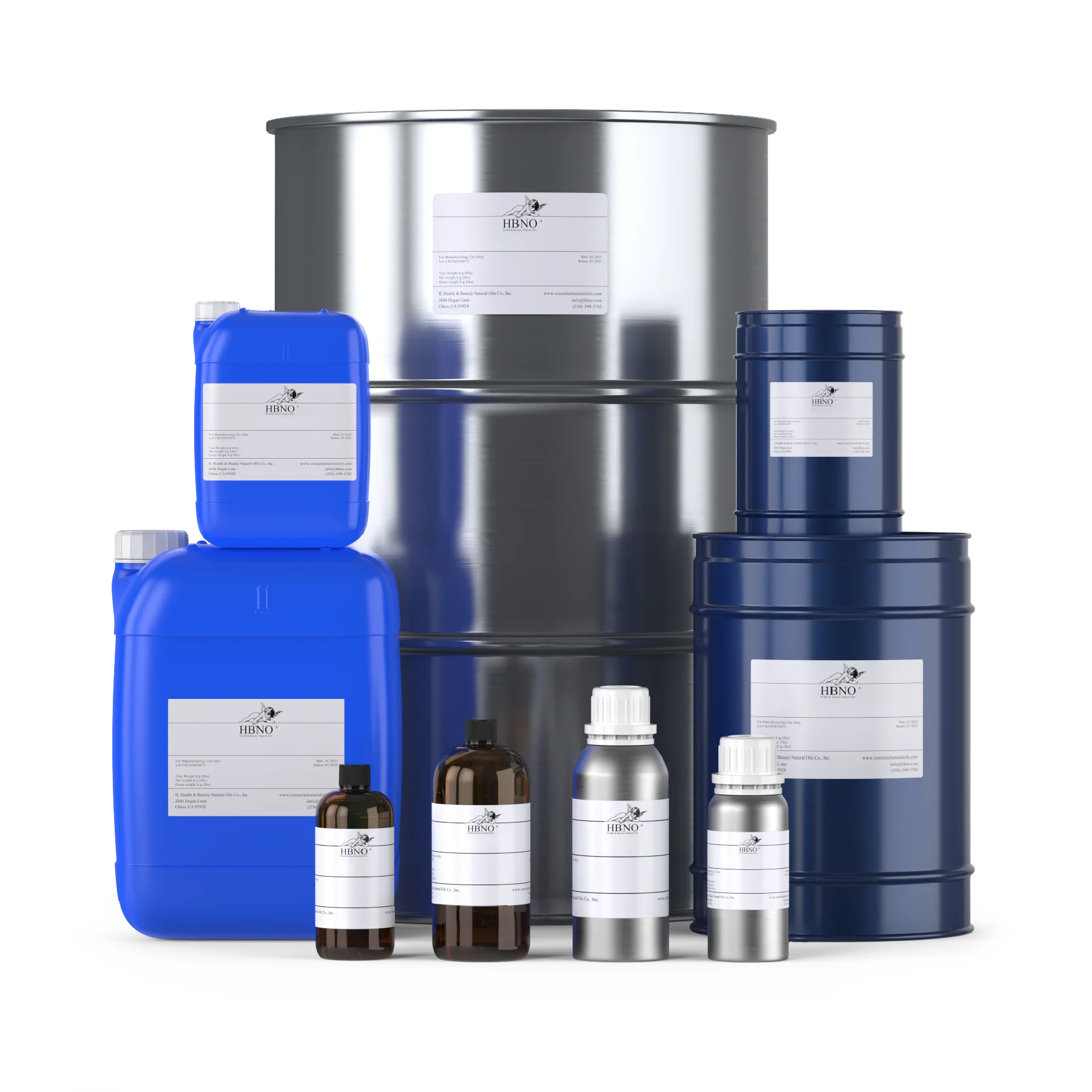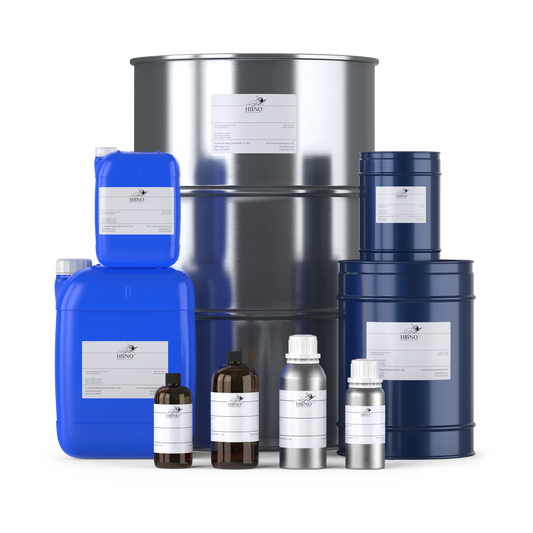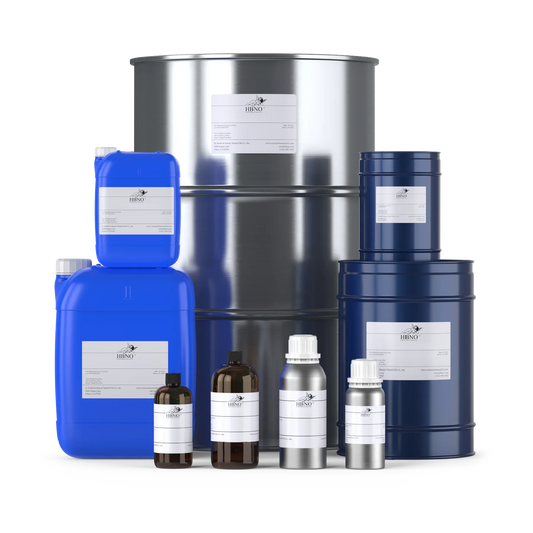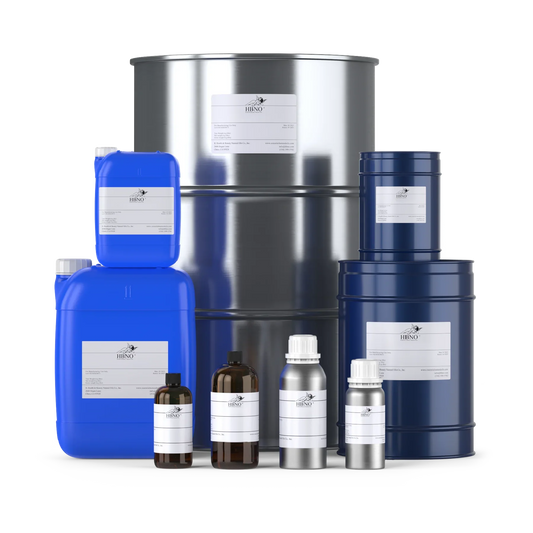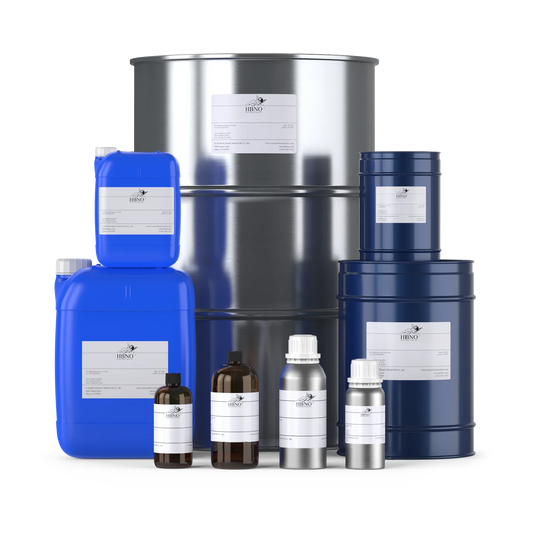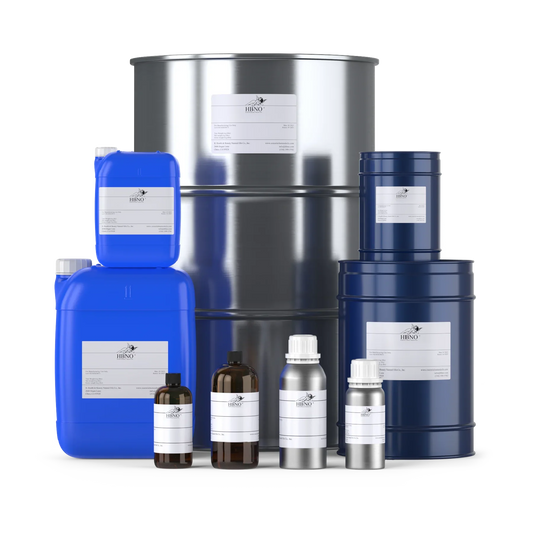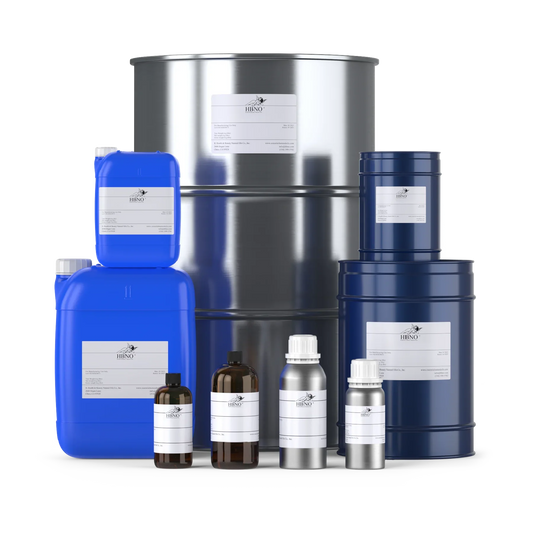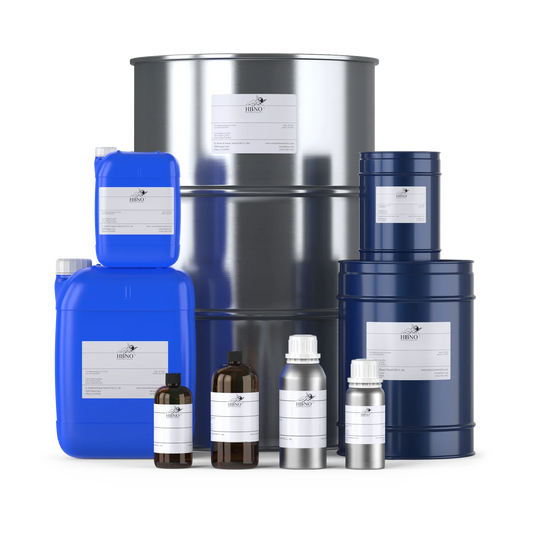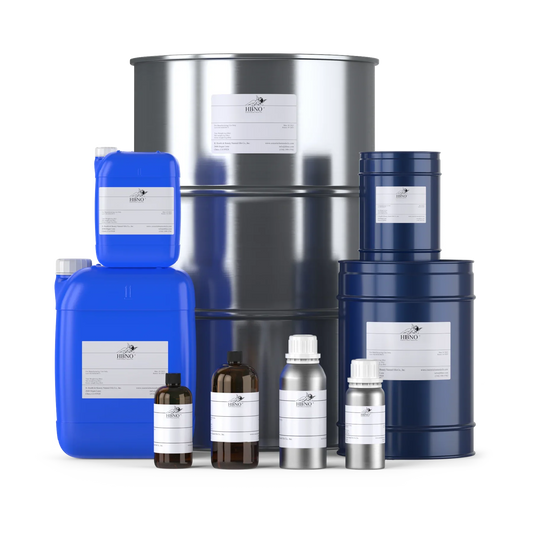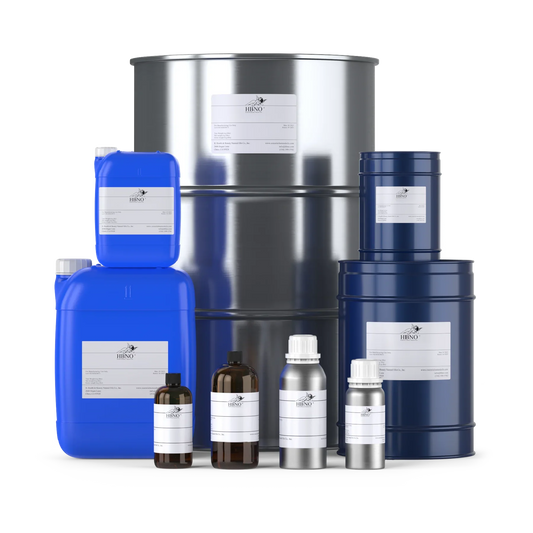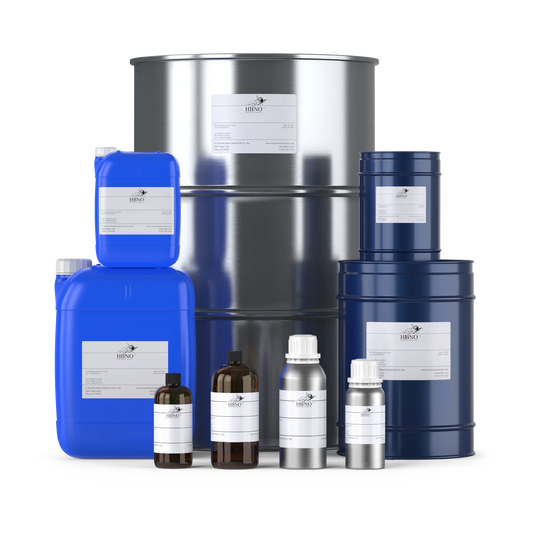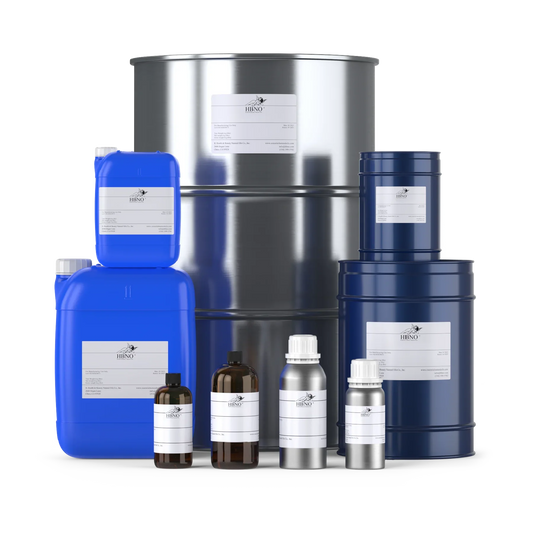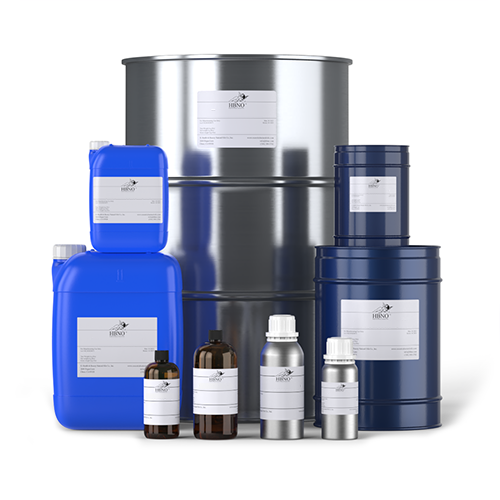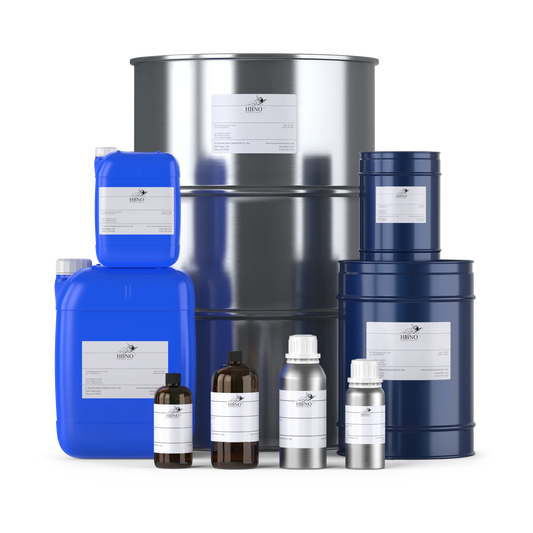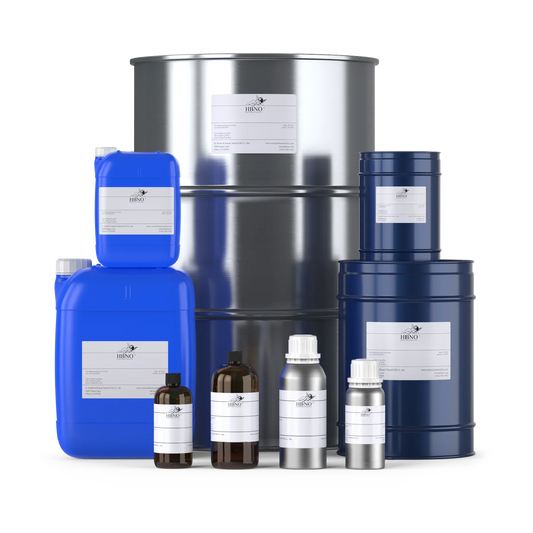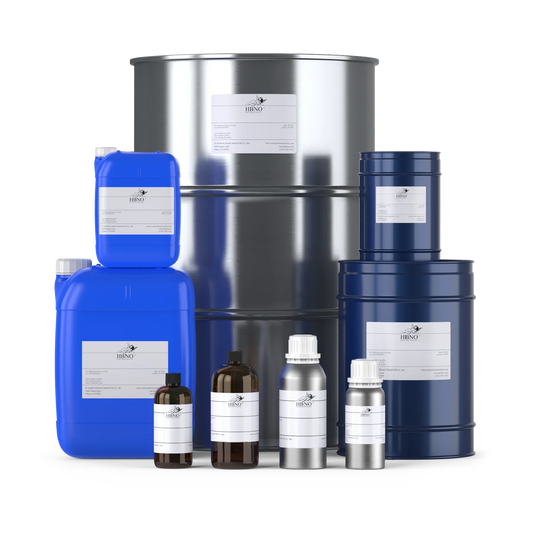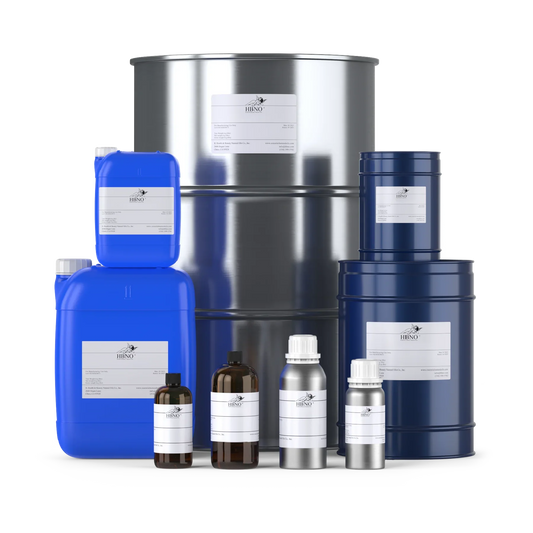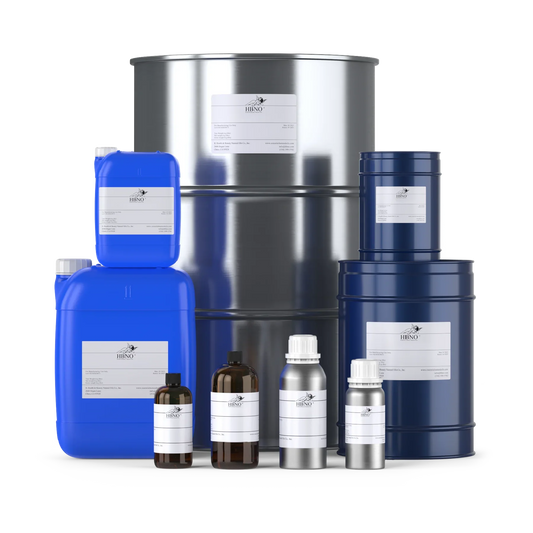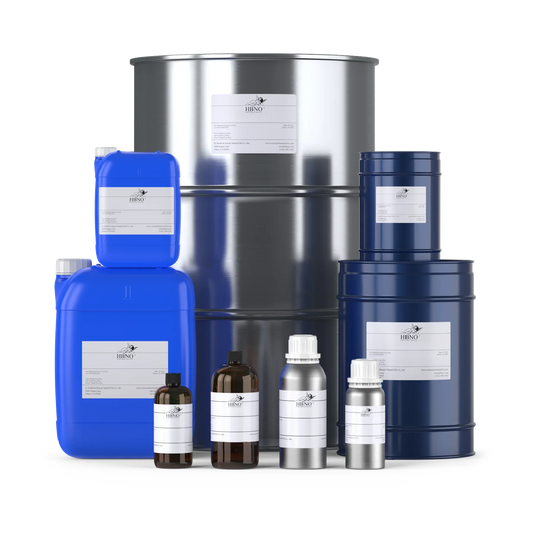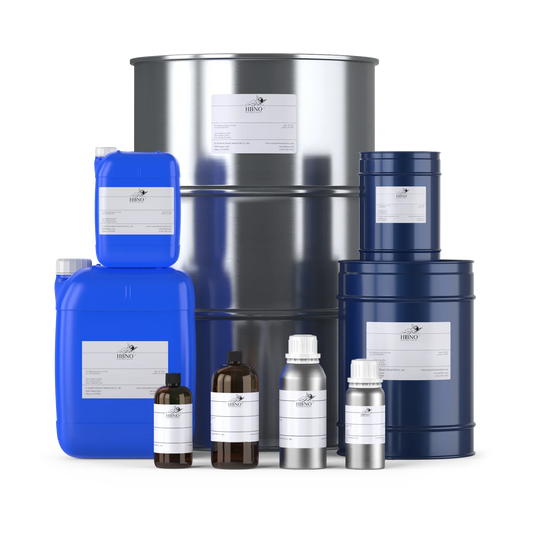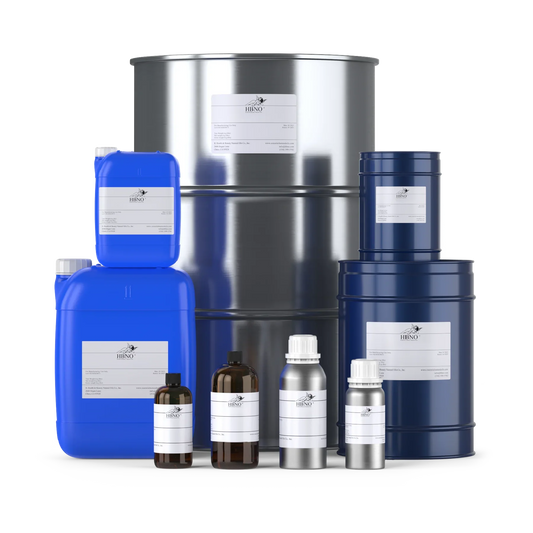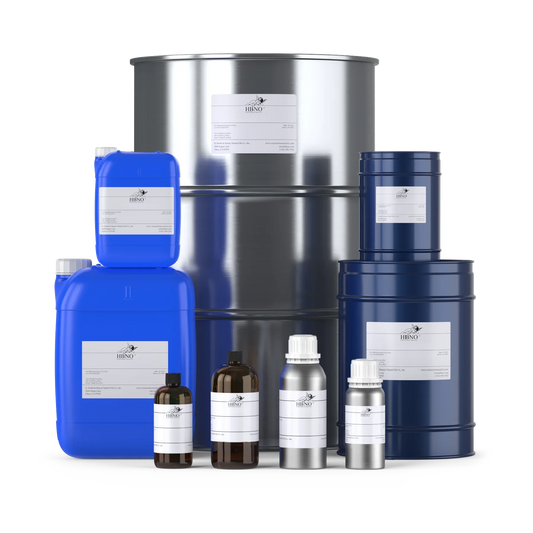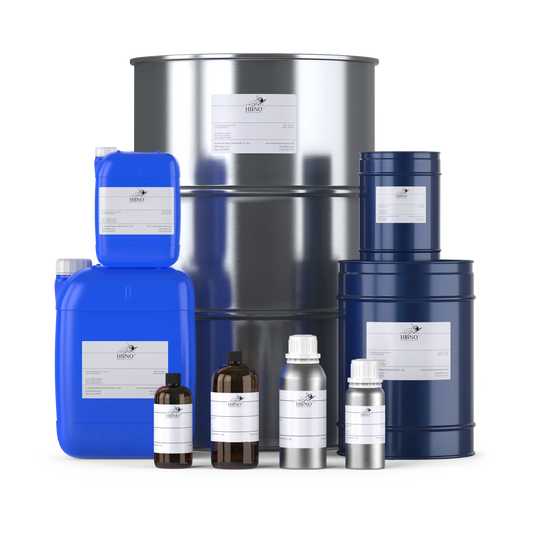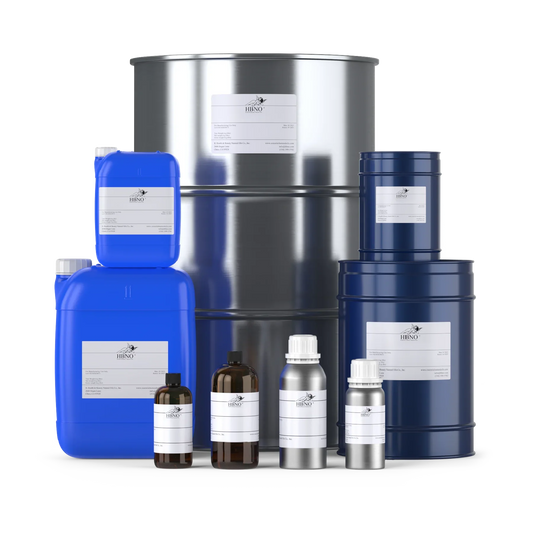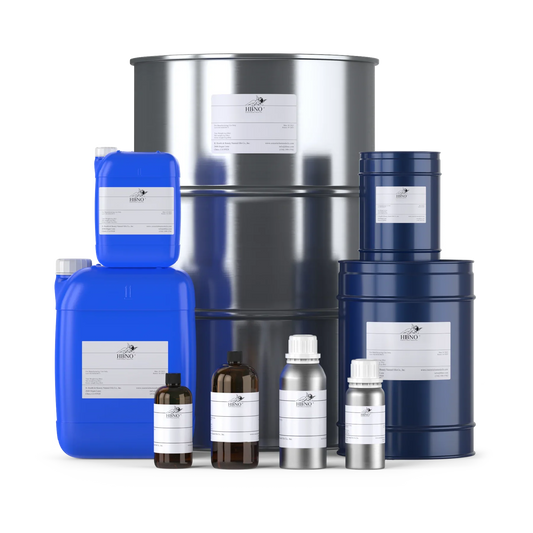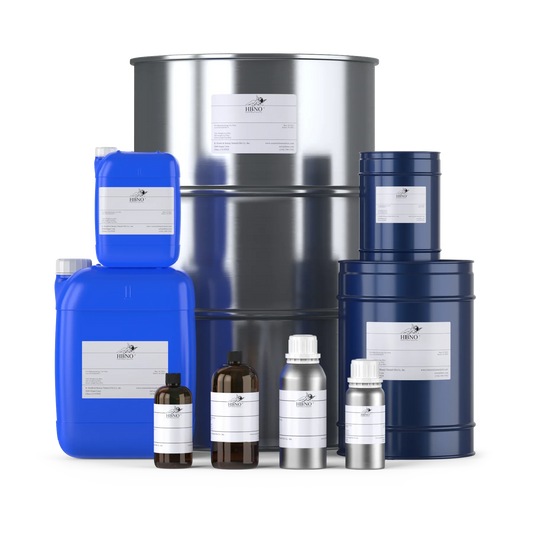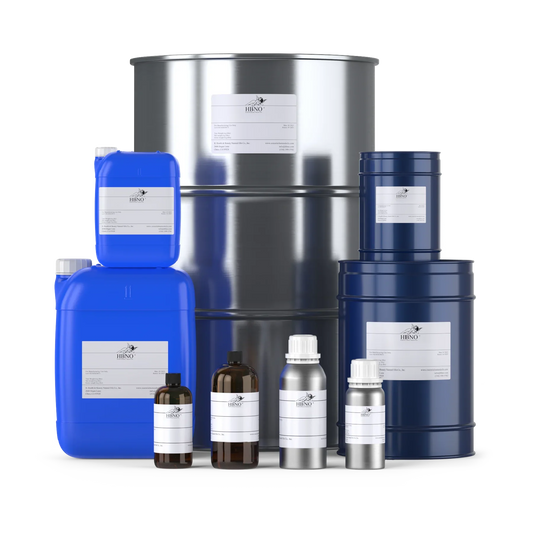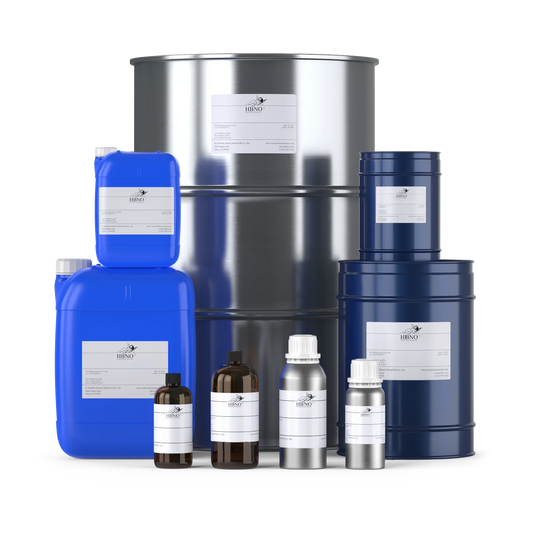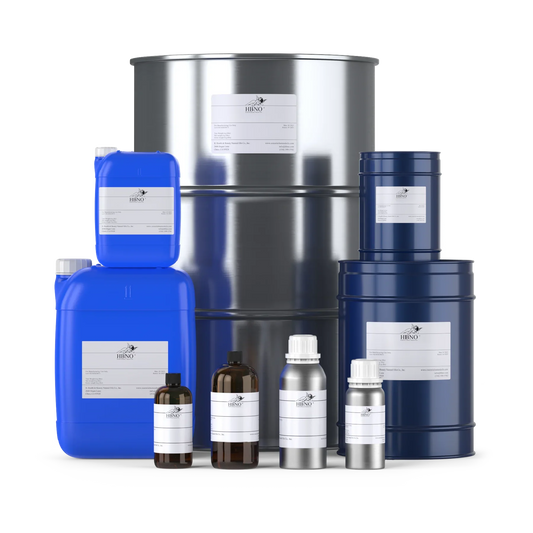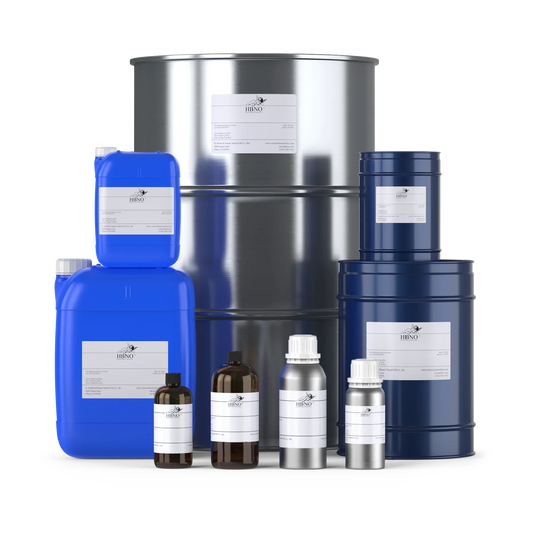Industrial Cleaning Products
Benefits of essential oils in industrial cleaning products
• Pleasant Fragrance: Essential oils offer a natural and environmentally-friendly alternative to harsh chemical fragrances often found in industrial cleaning products. Their pleasant scents can improve indoor air quality and create a more welcoming environment.
Examples of essential oils usage in industrial cleaning applications
Hospitals - Essential oils like tea tree, lemongrass, eucalyptus, and citrus oils can be used to:
• Disinfect and mask odors in bathrooms and in urine collection rooms.
• Clean medical instruments and tools.
• Disinfect doorknobs, light switches, and other high-touch surfaces.
• Freshen the air and reduce unpleasant odors.
Locker Rooms - Essential oils like citrus oils and pine oil can be used to
Kitchens: Essential oils like lemon, orange, and clove can be used to
Note that essential oils are highly volatile, which can lead to faster evaporation, and require adjustments in paint formulations.
Essential oils are valued ingredients in industrial cleaning formulations.
• Disinfectant liquids and sprays: Blends of essential oils like tea tree, eucalyptus, and lemongrass can be added to water-based solutions to create disinfectant liquids or sprays for surfaces, equipment, and machinery.


